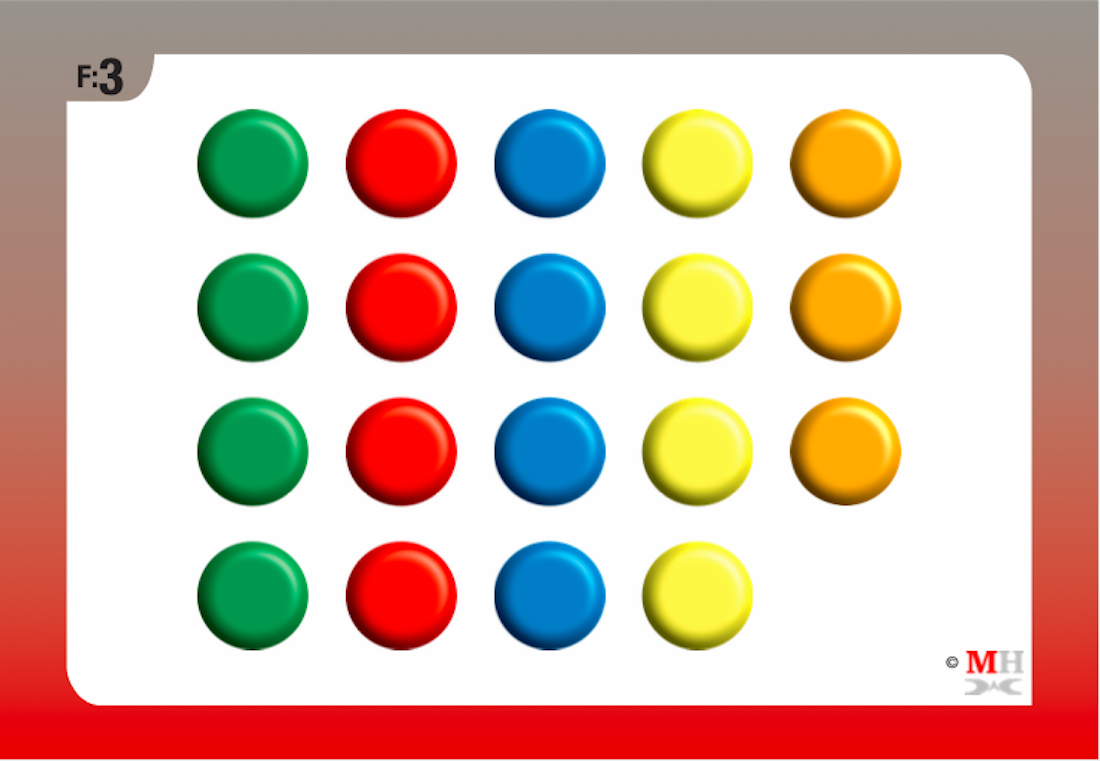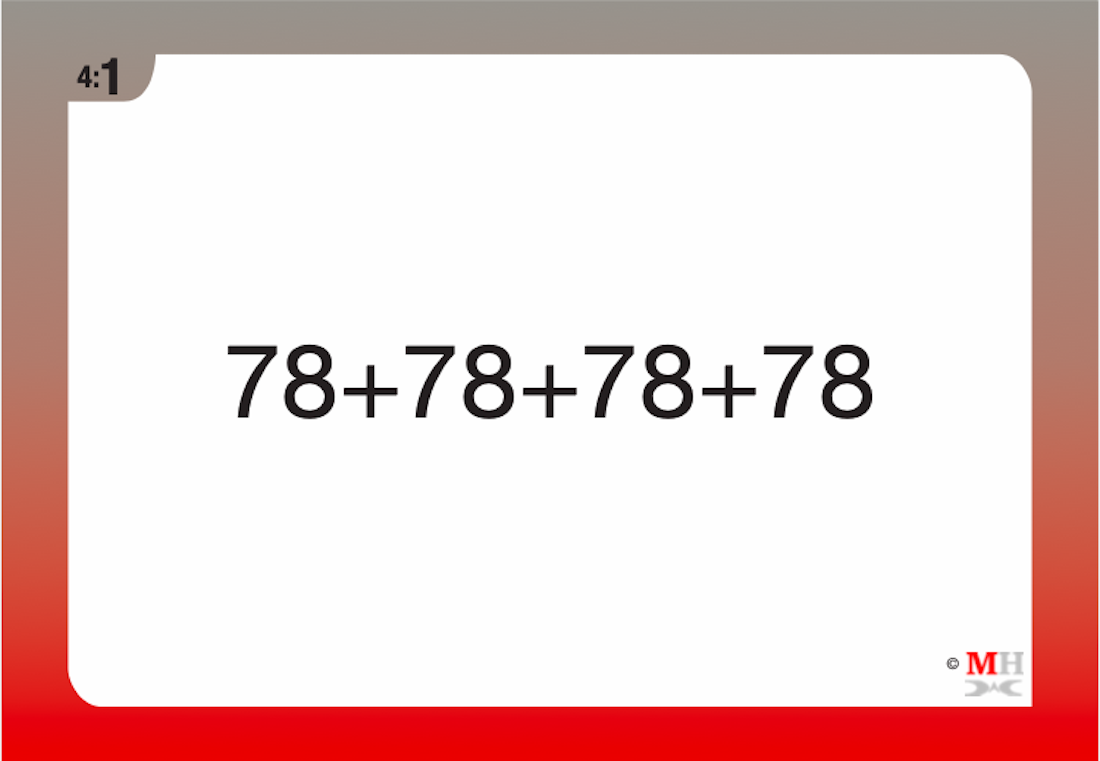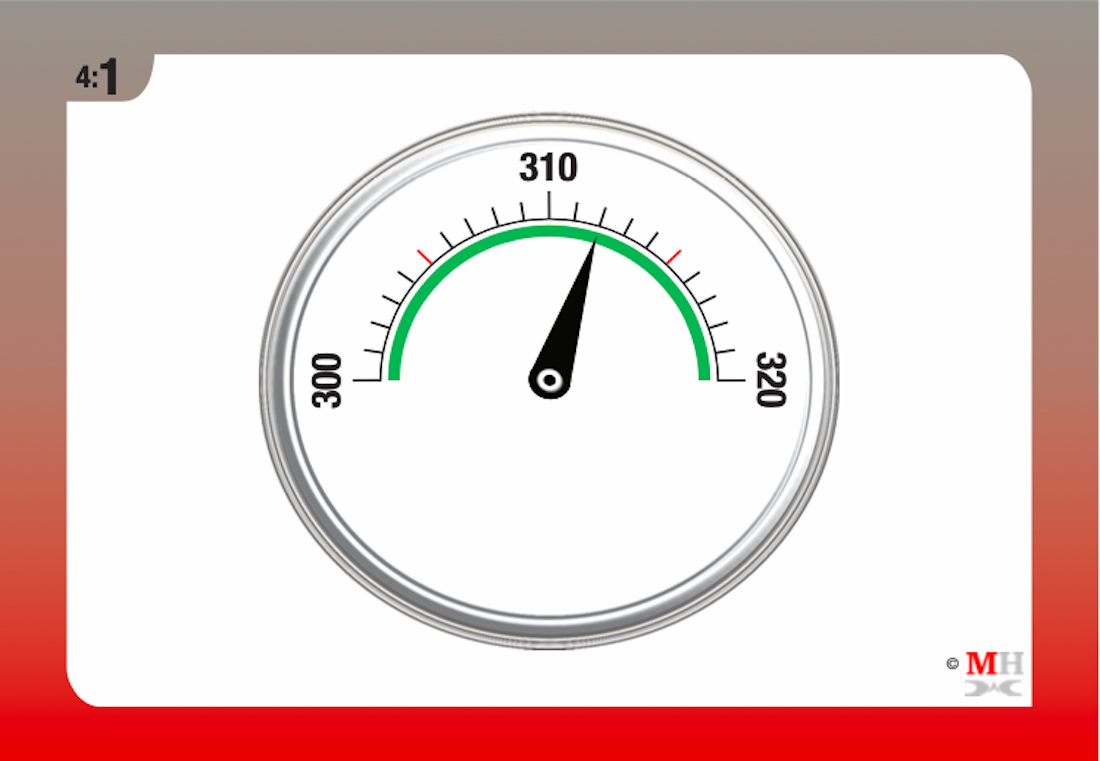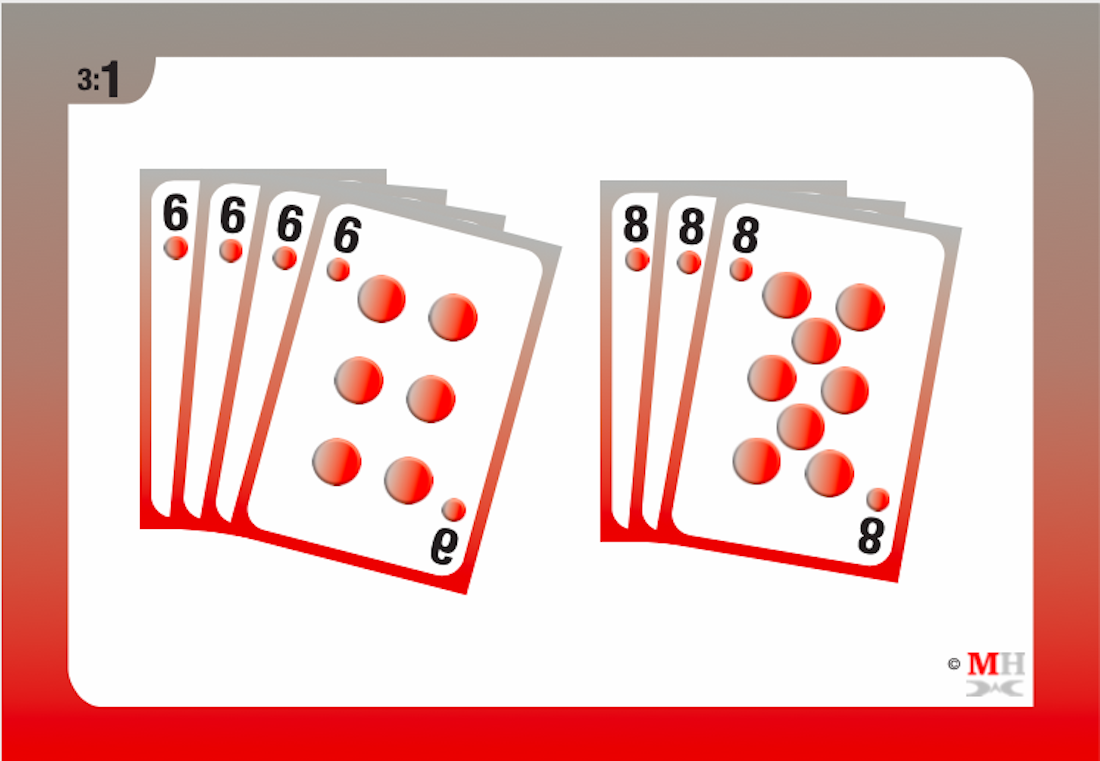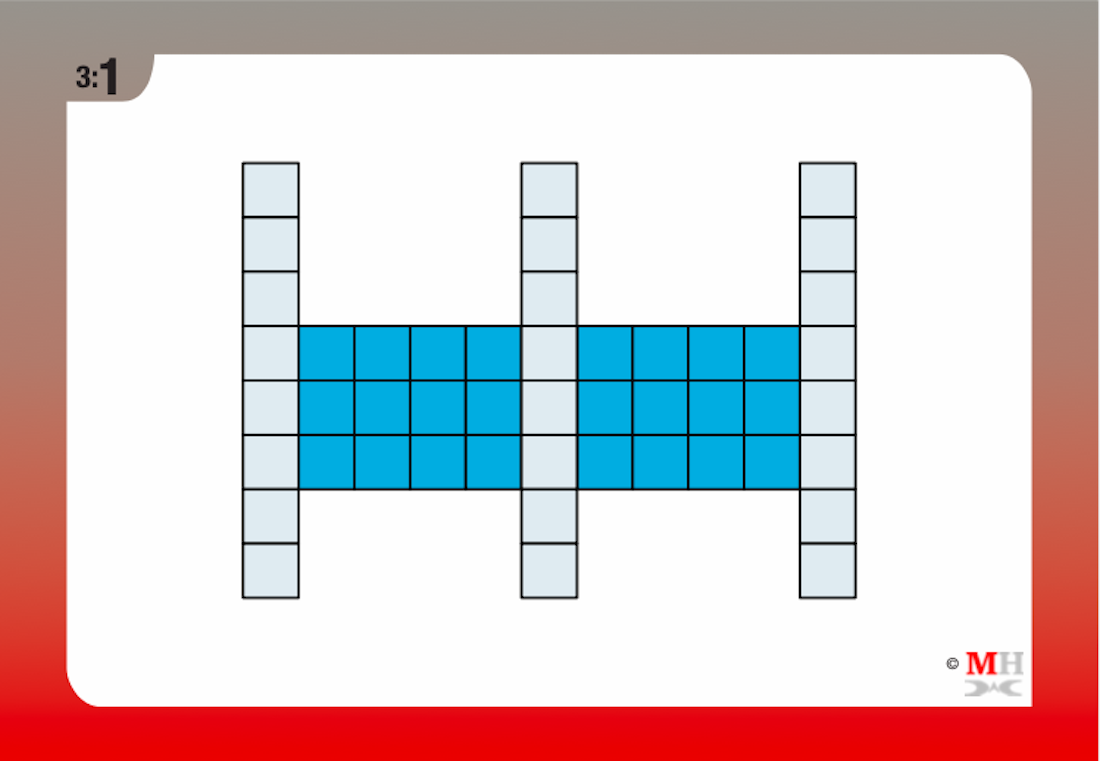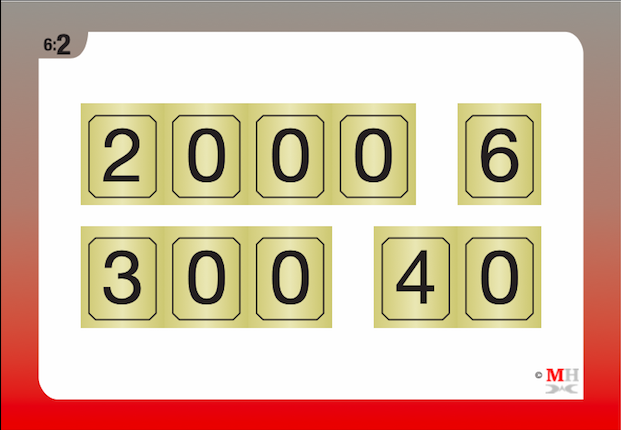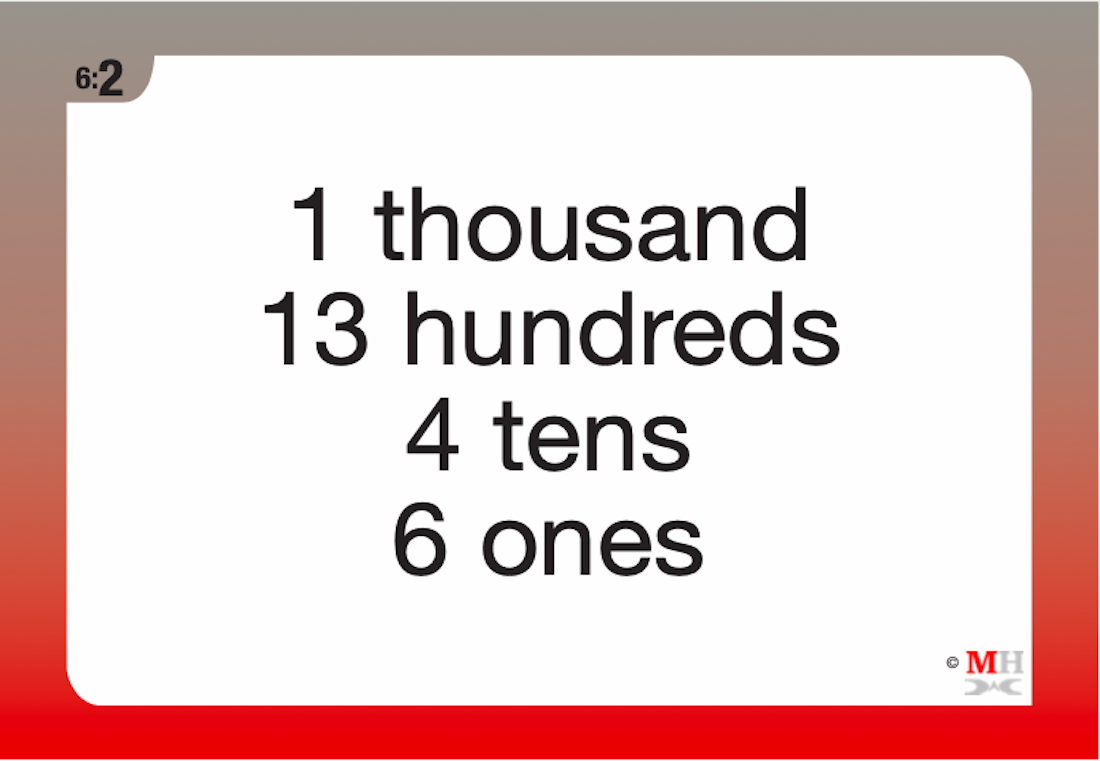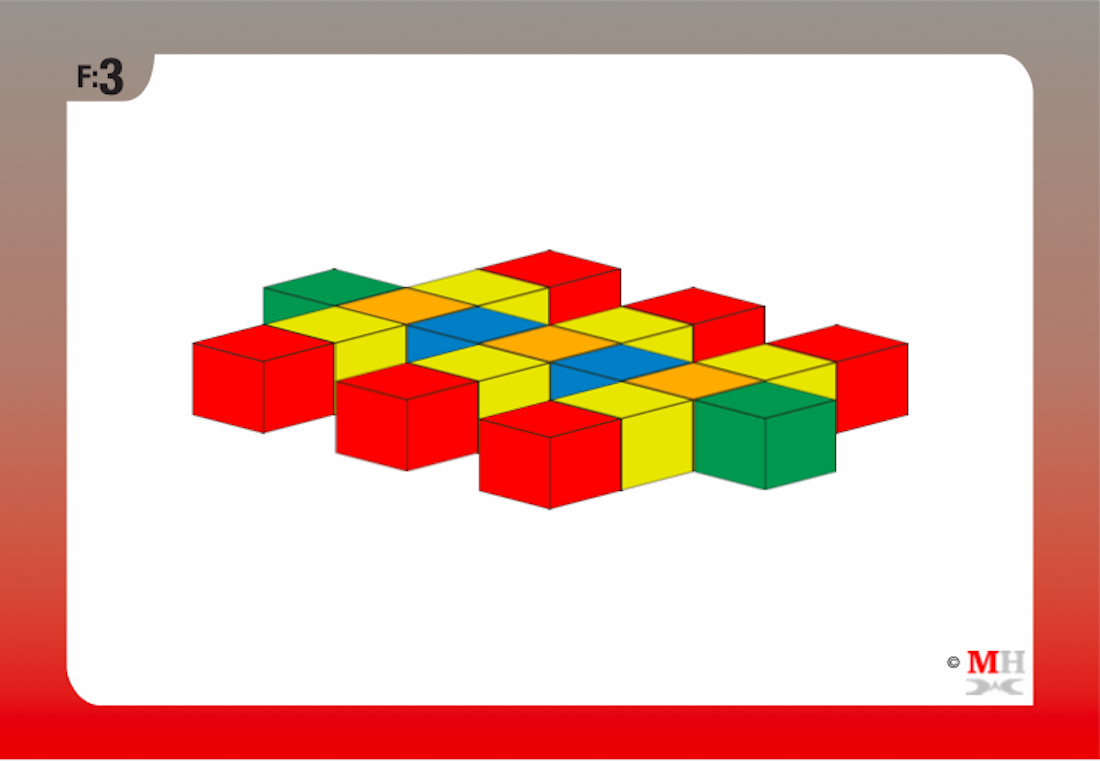100+ Time-worthy tasks, investigations, warmups and lesson sequences that are worth your students' time.
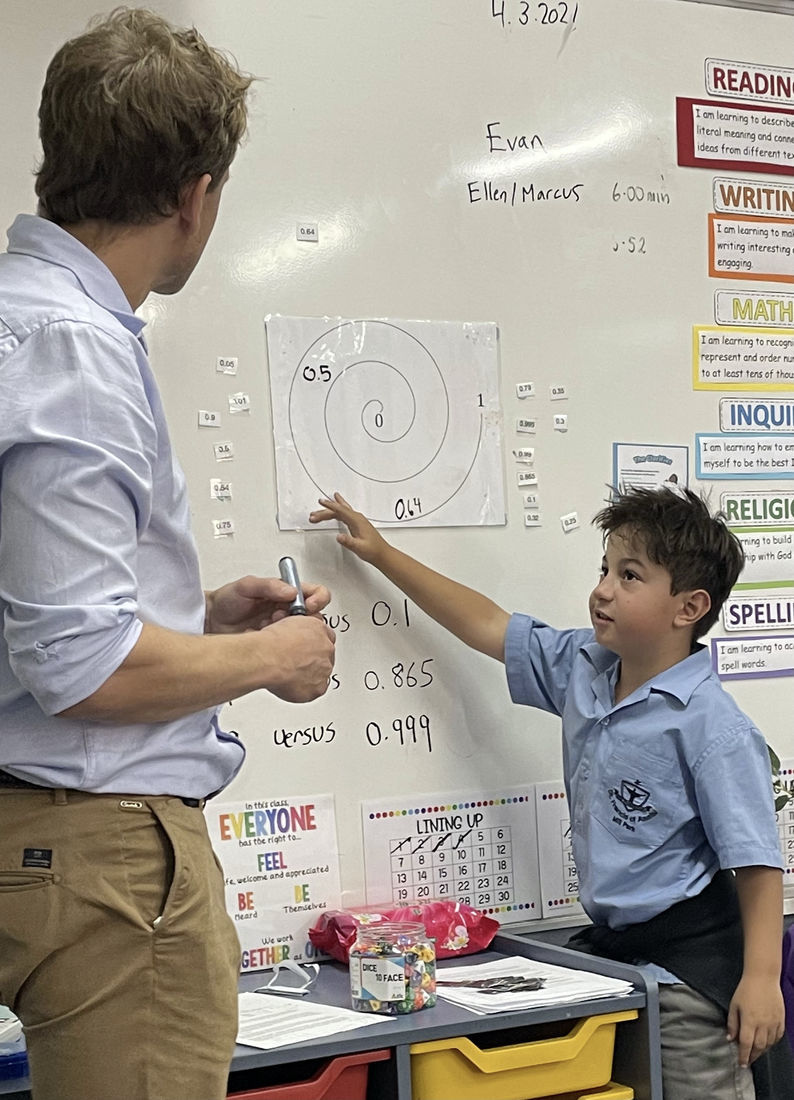 It is a brave thing to go searching the internet for a ‘rich’ mathematical task. I am yet to meet a teacher who has time enough to trawl through 52 'matches' of mostly repetitive, procedural exercises in the hope of extracting that one task that is likely to challenge and engage their students. The main thing that teachers ask me for during professional learning are pointers to ‘rich’ mathematical tasks. The term ‘rich’ get used a lot when discussing tasks so here is a research-informed definition that you can use to evaluate the 100+ tasks featured on this page. A task’s ‘richness’ can be recognised when it is well- constructed (Stephens, 2011) strategically presented (Henningsen & Stein, 1997; Goos, 2004) and is met with positive dispositions from the humans that it is designed for (Way et al, 2011). As you explore the tasks, I encourage you to evaluate their potential to engage your students and significantly build their understanding of important ideas, as evidenced by measurable academic growth. Additionally, consider the opportunities the task presents to build your students’ proficiency to reason, problem-solve, communicate and think like mathematicians.
It is a brave thing to go searching the internet for a ‘rich’ mathematical task. I am yet to meet a teacher who has time enough to trawl through 52 'matches' of mostly repetitive, procedural exercises in the hope of extracting that one task that is likely to challenge and engage their students. The main thing that teachers ask me for during professional learning are pointers to ‘rich’ mathematical tasks. The term ‘rich’ get used a lot when discussing tasks so here is a research-informed definition that you can use to evaluate the 100+ tasks featured on this page. A task’s ‘richness’ can be recognised when it is well- constructed (Stephens, 2011) strategically presented (Henningsen & Stein, 1997; Goos, 2004) and is met with positive dispositions from the humans that it is designed for (Way et al, 2011). As you explore the tasks, I encourage you to evaluate their potential to engage your students and significantly build their understanding of important ideas, as evidenced by measurable academic growth. Additionally, consider the opportunities the task presents to build your students’ proficiency to reason, problem-solve, communicate and think like mathematicians.
